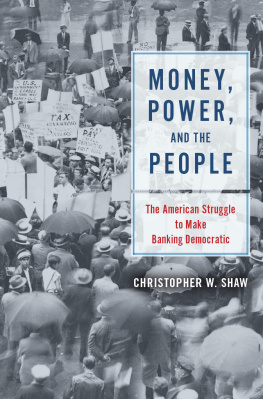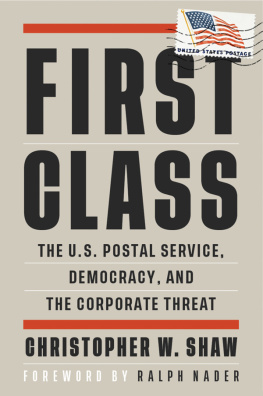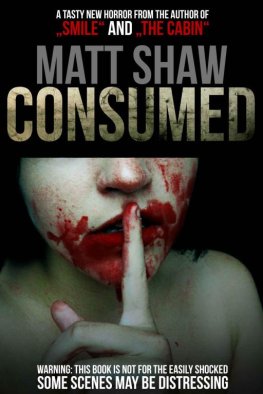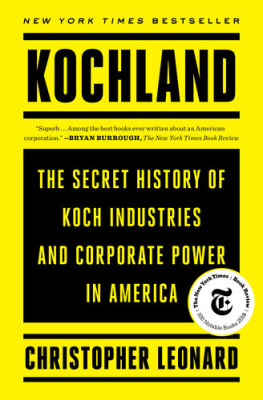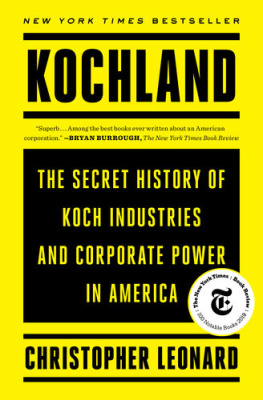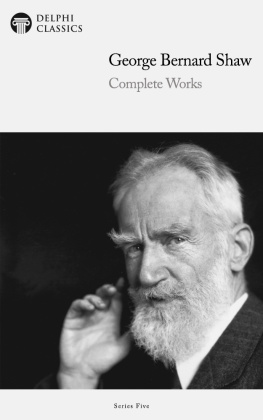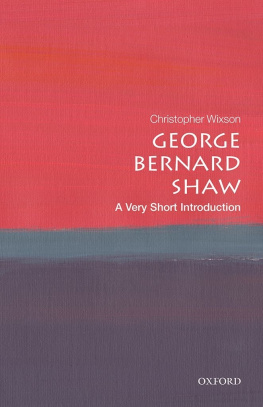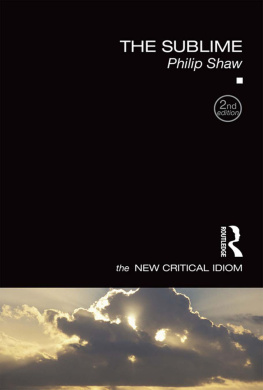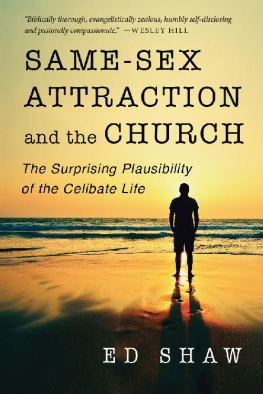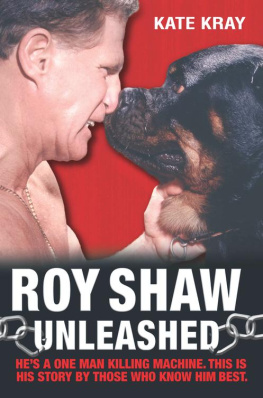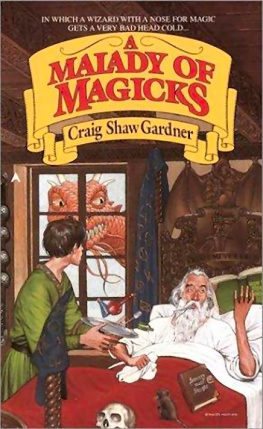Christopher W. Shaw - Money, Power, and the People
Here you can read online Christopher W. Shaw - Money, Power, and the People full text of the book (entire story) in english for free. Download pdf and epub, get meaning, cover and reviews about this ebook. year: 2019, publisher: University of Chicago Press, genre: Science. Description of the work, (preface) as well as reviews are available. Best literature library LitArk.com created for fans of good reading and offers a wide selection of genres:
Romance novel
Science fiction
Adventure
Detective
Science
History
Home and family
Prose
Art
Politics
Computer
Non-fiction
Religion
Business
Children
Humor
Choose a favorite category and find really read worthwhile books. Enjoy immersion in the world of imagination, feel the emotions of the characters or learn something new for yourself, make an fascinating discovery.
- Book:Money, Power, and the People
- Author:
- Publisher:University of Chicago Press
- Genre:
- Year:2019
- Rating:3 / 5
- Favourites:Add to favourites
- Your mark:
- 60
- 1
- 2
- 3
- 4
- 5
Money, Power, and the People: summary, description and annotation
We offer to read an annotation, description, summary or preface (depends on what the author of the book "Money, Power, and the People" wrote himself). If you haven't found the necessary information about the book — write in the comments, we will try to find it.
Money, Power, and the People — read online for free the complete book (whole text) full work
Below is the text of the book, divided by pages. System saving the place of the last page read, allows you to conveniently read the book "Money, Power, and the People" online for free, without having to search again every time where you left off. Put a bookmark, and you can go to the page where you finished reading at any time.
Font size:
Interval:
Bookmark:
CHRISTOPHER W. SHAW
The University of Chicago Press
Chicago and London
The University of Chicago Press, Chicago 60637
The University of Chicago Press, Ltd., London
2019 by The University of Chicago
All rights reserved. No part of this book may be used or reproduced in any manner whatsoever without written permission, except in the case of brief quotations in critical articles and reviews. For more information, contact the University of Chicago Press, 1427 E. 60th St., Chicago, IL 60637.
Published 2019
Printed in the United States of America
28 27 26 25 24 23 22 21 20 19 1 2 3 4 5
ISBN-13: 978-0-226-63633-7 (cloth)
ISBN-13: 978-0-226-63647-4 (e-book)
DOI: https://doi.org/10.7208/chicago/9780226636474.001.0001
Library of Congress Cataloging-in-Publication Data
Names: Shaw, Christopher W., author.
Title: Money, power, and the people: the American struggle to make banking democratic / Christopher W. Shaw.
Description: Chicago: The University of Chicago Press, 2019. | Includes bibliographical references and index.
Identifiers: LCCN 2018059623 | ISBN 9780226636337 (cloth: alk. paper) | ISBN 9780226636474 (e-book)
Subjects: LCSH: Banks and bankingSocial aspectsUnited States. | Banks and bankingUnited StatesCitizen participation. | Banks and bankingGovernment policyUnited StatesHistory20th century. | Banks and bankingUnited StatesHistory20th century.
Classification: LCC HG2481 .S49 2019 | DDC 332.10973dc23
LC record available at https://lccn.loc.gov/2018059623
 This paper meets the requirements of ANSI/NISO Z39.48-1992 (Permanence of Paper).
This paper meets the requirements of ANSI/NISO Z39.48-1992 (Permanence of Paper).
Some will rob you with a six-gun,
And some with a fountain pen.
On April 14, 1913, a horse-drawn hearse solemnly transported the body of J. Pierpont Morgan from the splendor of the private library adjacent to his mansion, through the streets of Manhattan, to the Romanesque edifice popularly referred to as Morgans church. As the bell of St. Georges Episcopal Church tolled overhead, one thousand spectators stood alongside the railing of Stuyvesant Square and watched the funeral corteges approach. Inside the church, the pews were full, and the chancel was lavishly decorated with floral displays. These included a wreath of roses from the king of Italy and a spray of palm leaves decorated with golden tasseled silk streamers from the emperor of Germany. Among the prominent attendees were bearers of surnames that evoked the passing heroic age of American business: Harriman, Rockefeller, Vanderbilt. No less than three prelates of the Episcopal Churchto which Morgan had been a great benefactor over the yearswere on hand to assist with the service. The bishops
Morgans death provoked a different reaction at a modest brick Episcopal church in the City of Brotherly Love that served a largely working-class congregation. The Reverend George Chalmers Richmond took to the pulpit of his parish church in Philadelphias Northern Liberties section to reprove men on Wall Street [who] have made a god out of Morgan for years. Now let them read the gospel of Jesus, he admonished, and see how far short of God did Mr. Morgan really appear to be. The Reverend Richmonds sermon followed from his censure of the very endeavor that had made Morgans fame and fortune possiblenamely, finance. Mr. Morgan was a great financier, he instructed his parishioners, but not a great man. The country will get on much better without him. The men and women who heard these words would have left church that day with a sense of affirmation rather than revelation. In all the tributes paid to his memory just now, Richmond observed, we cannot find a single note of admiration from the American workingman. Thus, from within the Christian denomination that the preeminent figure of American finance had invested much of himself inand a not-inconsequential amount of his fortunearose a declaration of dissent, a condemnation of all that Morgan represented.
The Reverend Richmond was not a voice crying in the wilderness. His challenge to the private financial system was merely one of many in the early twentieth century. In Boston, the ever-colorful James Michael Curley aggressively engaged in a decades-long struggle with his citys leading bankers. During his first term as mayor, from 1914 to 1918, he excoriated them as insolent, arrogant sharpies, swindling the city of all they can get away with. Much to the displeasure of the big banks, Curley not only was elected mayor again in 1922, but he also immediately embarked on an ambitious public works program. And when the bankers refused to allow the city to borrow against future taxes, Curley declared war. He apprised one banker of a water main with floodgates right under your building. Youd better get that money up by three oclock this afternoon, he advised, or those
Curley was elected to four terms as mayor of Boston, four terms as a U.S. congressman, and one term as governor of Massachusetts. He possessed an intimate knowledge of the people he represented: remarkably, every year Curley tirelessly met, shook hands with, and individually spoke to 50,000 voters. He knew his constituents, and he knew what they thought about the power that bankers wielded. Opposed by this same banker for a third time, Curley did not pull any punches. I have a nice picture of you, he informed his foe, and I have a good picture of that beautiful estate you have. Unless money that the mayor needed to meet the citys payroll was forthcoming, he explained, he would make these pictures publicly available. When a man gets hungry, Curley counseled, hes likely to do something desperate. Id keep away from that house if I were you. The banker retreated yet again.
The dominant figure in Boston politics for half a century opposed the power that a handful of bankers exercised over the city through their control of money and credit. He considered leading bankers to be effete charlatans whose haughty manner, presumptuous attitude, and underhandedness warranted defiance. Curley proudly recalled keeping New Englands foremost banker waiting for two hours while he was enjoying the aboveboard legerdemain of noted magician Harry Blackstone. I can learn something from Mr. Blackstone, but I assure you that I never learn anything from bankers, he declared. Curley was confident that voters shared his viewpointand the bankers themselves evidently understood that there was no use in publicly confronting Curley, because he would prevail.
Discontent with the banking system found sensational expression far to the west of the cheek-by-jowl wood-frame triple-deckers of Boston. In the depths of the Great Depression, Charles Arthur Floyds ability to outmatch Oklahomas bankers made him a folk heroan American Robin Hood. Pretty Boy Floyd distinguished himself from such contemporaries as Baby Face Nelson, Machine Gun Kelly, and Bonnie Parker and Clyde Barrow by solely targeting banks. I have robbed none but moneyed men, Floyd avowed. Stories circulated of Pretty Boy supplying schoolhouses with firewood, and of how families that shared their meals with him would discover large-denomination bills tucked away underneath his plate. During heists Floyd reputedly would place himself in even greater jeopardy by taking the time to destroy unrecorded mortgages. As one contemporary journalist observed: He took money from those who had itthe banksand divided the proceeds with the poor. Traversing the countryside behind the wheel of a Ford boasting a V-8 engine, submachine gun in tow, and sometimes sporting a bulletproof vest, Floyd proved so effective that bank insurance rates in the Sooner State rose to be the highest in the nation.
Font size:
Interval:
Bookmark:
Similar books «Money, Power, and the People»
Look at similar books to Money, Power, and the People. We have selected literature similar in name and meaning in the hope of providing readers with more options to find new, interesting, not yet read works.
Discussion, reviews of the book Money, Power, and the People and just readers' own opinions. Leave your comments, write what you think about the work, its meaning or the main characters. Specify what exactly you liked and what you didn't like, and why you think so.

